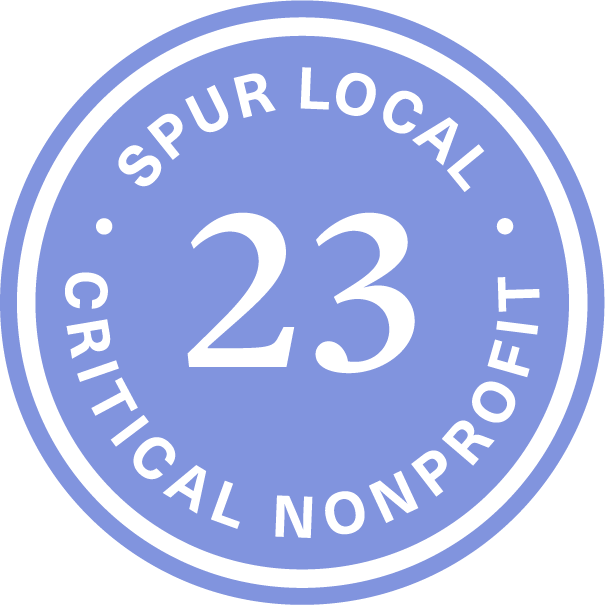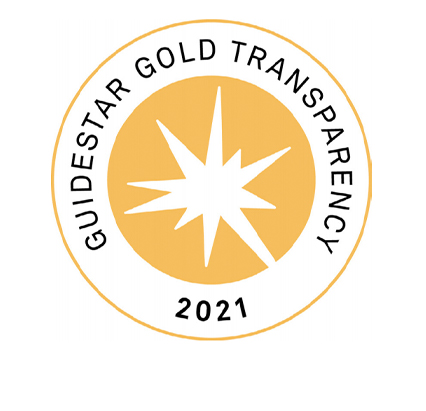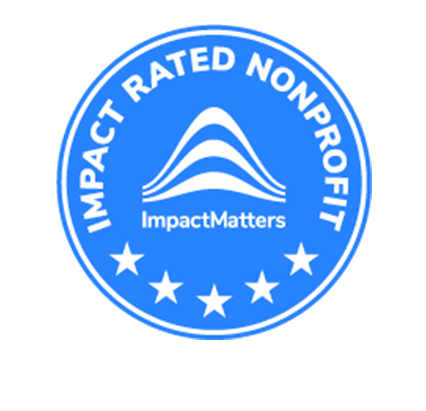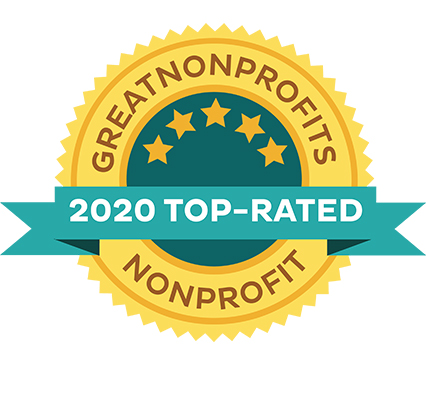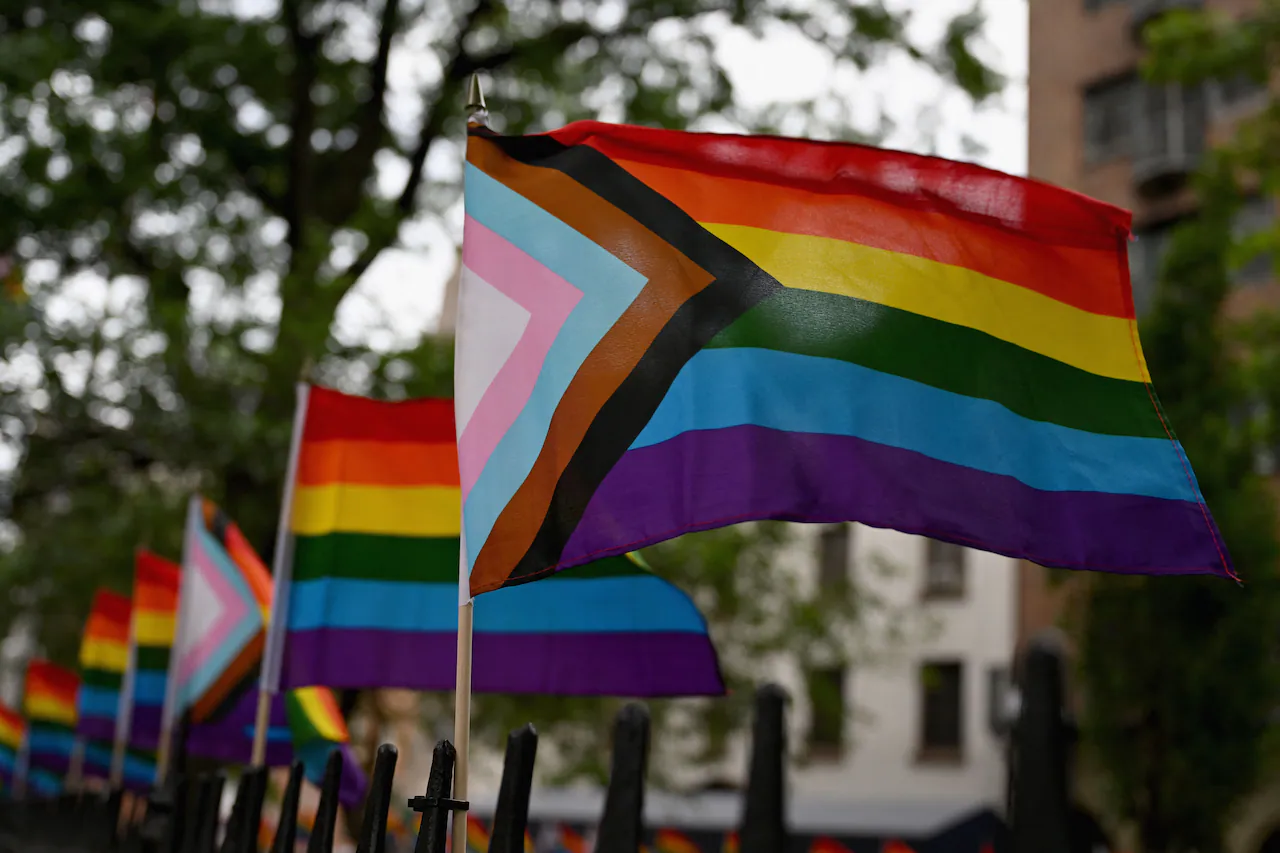
November is home to Trans Day of Remembrance, a day we use to memorialize those who have been murdered as a result of transphobia. While instances of trans mortality are higher across the board than their cisgendered counterparts, mostly due to lack of access to healthcare resources, trans individuals are also more than one and a half times more likely to be a survivor of any intimate partner violence, and two and a half times more likely to experience sexual intimate partner violence when compared to their cisgendered counterparts. These higher rates exist regardless of sex assigned at birth, with assigned-female-sex-at-birth transgender individuals having rates comparable to their assigned-male-sex-at-birth counterparts.
It’s important to understand that sexual violence is not about sex, like most other forms of abuse, it’s about power and privilege. And there are few communities with less power or societal privilege than the trans community. This position puts our trans family at a uniquely high risk of being survivors of DV, IPV and SA. It is also most likely that a lack of legal protections against discrimination in employment, housing, and social services is what’s fostering this high risk. And the need for evidence-based interventions to prevent and address DV, SA and IPV in this incredibly vulnerable population couldn’t be more apparent.
DASH, as the largest provider of safe housing for survivors in the nation’s capital, is proud to offer our suite of services to all who need them. We also recognize the unique needs of the trans community when providing these services, and our programs are designed to keep in mind the specific needs of all survivors, but it doesn’t stop there.
DASH recognizes that transgender individuals should be explicitly included in the US Preventative Services Task Force’s recommendations promoting IPV screening in primary care settings. Interventions at the policy level as well as the interpersonal and individual level are urgently needed to address these epidemic levels of DV and SA in the trans community.
In addition to serving the trans population, DASH will continue to advocate and raise awareness for our trans family, a community which continues to demonstrate strength and bravery like none other.
For more information on how you can help the trans community, click here and here. And check out our previous post on DV in the LGBTQ+ community here.
Donovan Trott, Manager, Development & Communications

